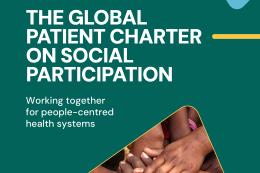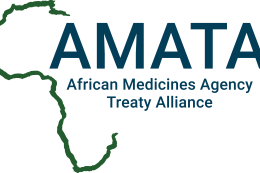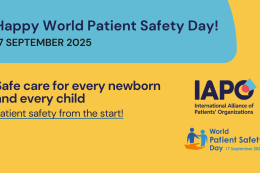Effective patient involvement: building knowledge from the ground up

I recently started my three year term as chair of the European Lung Foundation (ELF), an organisation that brings together patients, the public with respiratory healthcare professionals to positively influence lung health. As a patient with chronic obstructive pulmonary disease (COPD) and someone who used to work in the field of drug development, I know first-hand how important it is for those affected by a lung condition to be able to influence clinical practice and future research, and to work in partnership with professionals to drive a patient-centred agenda which will have an impact in the real world.
The European Respiratory Society (ERS) International Congress held in Milan recently is the annual setting where patient speakers and chairs are included as part of the conference programme; facilitated and supported by ELF. We have seen the number of sessions involving patients grow year on year, which means their real-world experiences are being heard by healthcare professionals in a setting outside of everyday clinically based interactions with patients. I saw for myself how encountering people with a lung condition in this way, makes a difference - it encourages professionals to enter into different types of conversations with patients and to examine their practices from a different viewpoint.
It is good news that patient involvement is strengthening and ELF also promotes patient involvement in ERS working groups that are at the cutting edge of developing new clinical guidelines and setting up pan-European clinical research networks to improve treatment, care and quality of life. Patients sit at the same table as the healthcare professionals and help devise projects, and can make change happen.
I see this progress in involving patients as equal partners replicated elsewhere. I am delighted to see organisations collaborating across borders and across health conditions to raise the patient profile and advocacy efforts, for example through the new European Reference Networks for rare diseases.
We also need to continue encouraging patients to get involved and help to prepare them. Some key challenges remain that we need to work on together across disease areas. For example: how do we help to shift the power dynamics between healthcare professionals and patients to make sure that our involvement is truly effective? How do we reach patients who are not involved perhaps due to language barriers or health and social inequalities? How do we identify the skills we feel that professionals need to be able to partner with us on an equal footing?
This year’s Patient Solidarity Day with its theme of ‘power through knowledge’ is another opportunity to reach out to individuals to get involved. There are now many more opportunities for patients to get skilled up to participate effectively through initiatives such as EUPATI and the European Patient Ambassador Programme, which was developed by ELF. The latter offers online information in different languages through introductory level modules to build patient knowledge and confidence and to activate their involvement at local, national and international levels.
Continuing to build knowledge and skills from the ground up is one of the areas to tackle if we are to widen participation in healthcare research of all kinds. Let us not forget the springboard to our own involvement - what were our motivations, what gave us the confidence, what encouraged us to start to participate? Let us keep capturing this and using it to encourage others to join us – together we are making an impact.
Isabel Saraiva is chair of the ELF, board member of RESPIRA (Portuguese Association of People with COPD and Other Respiratory Chronic Diseases) and an EPAP patient ambassador.



